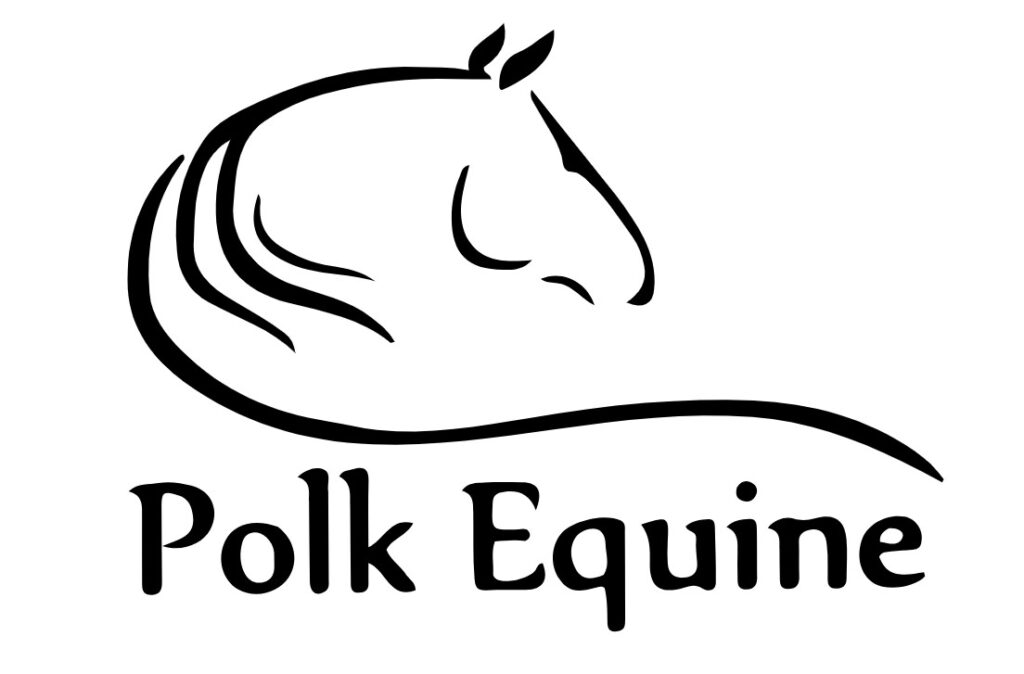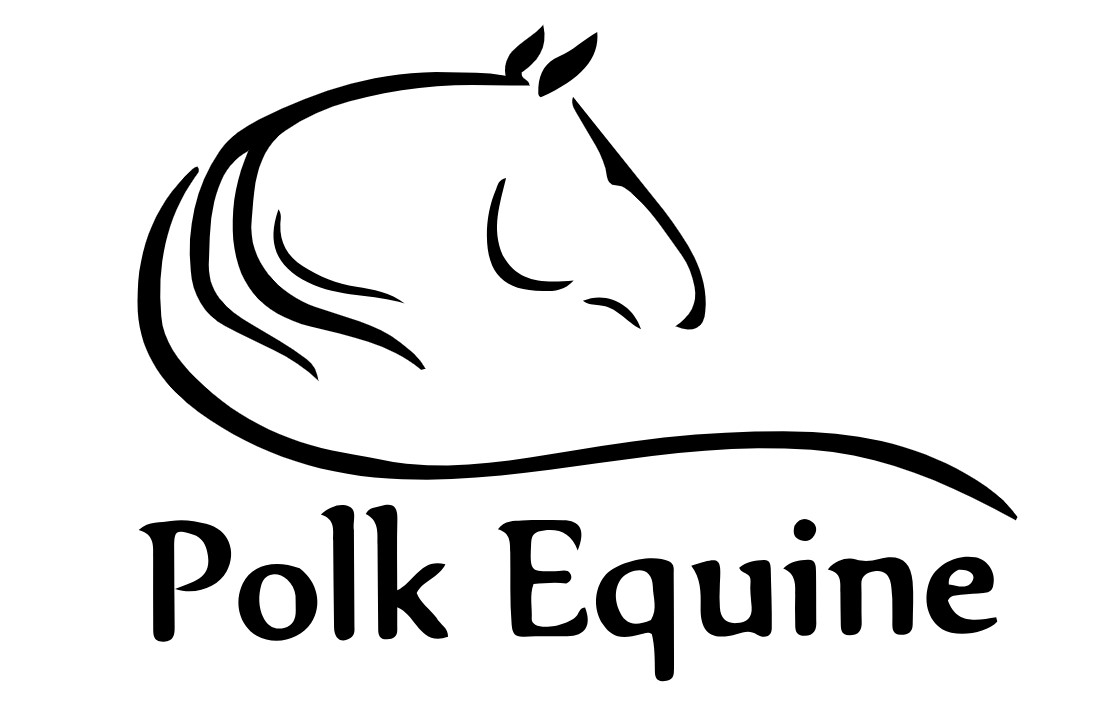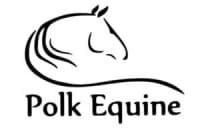Equine gastric ulcers are a significant concern for horse owners, as they can cause discomfort and affect a horse’s overall health and performance. The equine stomach continually secretes gastric acid, which aids in the digestion of food. However, when the acid production overwhelms the stomach’s protective mechanisms — usually a layer of mucus — ulcers can form.
Causes of Equine Gastric Ulcers:
- High-Starch Diets: High-starch diets can stimulate excessive gastric acid production, leading to ulcer formation.
- Intermittent Feeding Regimens: Inconsistent feeding schedules can contribute to imbalances in stomach acid.
- Extended Fasting: Horses are naturally designed for continuous grazing, so extended periods without food can increase acid contact with the stomach lining.
- Delayed Gastric Emptying: Some horses have slower rates of stomach emptying, prolonging the exposure of the stomach lining to acid.
- Stressors: Intensive training, competition, and performance-related stress can elevate the risk of ulcers, as can the use of NSAIDs such as bute and banamine.
Symptoms of Equine Gastric Ulcers:
- Changes in Appetite: Horses may eat less or pick at their food.
- Weight Loss or Poor Body Condition: Ulcers can affect nutrient absorption, leading to weight loss or poor body condition.
- Changes in Attitude or Performance: Behavioral changes or decreased performance may indicate discomfort.
- Colic Signs: Mild to moderate colic signs, particularly under saddle, can be present.
- Poor Coat Condition: Ulcers can affect overall health, including coat condition.
A visual examination by a veterinarian can point to ulcers, but endoscopy is the gold standard. During an endoscopy, a veterinarian feeds a tiny camera through a horse’s nose to examine the stomach lining.
Preventing and Managing Equine Gastric Ulcers:
- Consistent and Appropriate Diet: Provide a consistent diet with frequent access to forage or slow feeders to help reduce the risk of ulcers.
- Proton-Pump Inhibitors (PPIs): Medications like GastroGard or UlcerGard can reduce stomach acidity and promote ulcer healing.
- Other Medications: Additional medications, dietary changes, and management strategies may be employed to support healing and prevent recurrence.
- Multifaceted Management: Management of EGUS often involves a combination of medical intervention, dietary adjustments, and changes in exercise to support long-term health and recovery.
By being proactive in recognizing the signs of equine gastric ulcers and implementing appropriate management strategies, horse owners can help ensure their horses’ well-being and comfort. Contact your veterinarian if you suspect your horse has ulcers.




